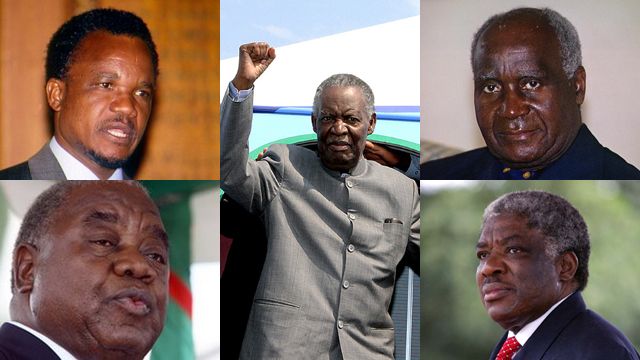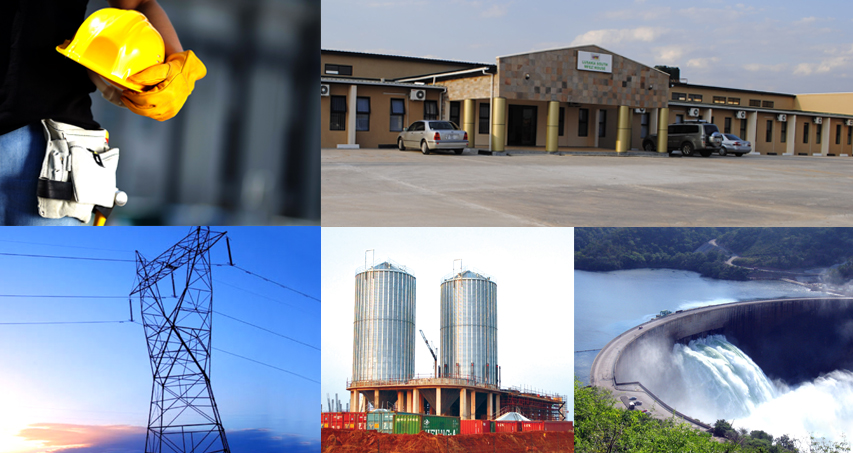| Home » Files » Events / Features » Features |
Ambitious customer recapitalisation can make TAZARA a money train
| 28 February 2013, 10:17:54 | |
| No one I know uses rail transport and the idea of traveling by rail conjures up the image of a long nightmare journey. My fears of rail transport maybe without merit. After all its been over 25 years since I experienced rail transport. That fateful trip from Livingstone to Lusaka was most definitely nothing to write home about. The trip began in the wee hours of the morning and we got to Lusaka past 23 hours. It’s delay in keeping to time and the uncleanliness of its cheaper cabins which were also over crowded resulted in poor sanitation of the rest rooms. To add to this overall misery, the lack of proper catered refreshments for passengers, coupled with the expensive menu of whatever little was available, made the exercise an experience I would much rather forget. Therefore, when Tanzania Zambia Railway Authority (TAZARA) invited me to a stakeholders meeting I was eager to attend and hear the progress rail transportation has made since my last experience. TAZARA was built to be a flagship of Zambia and Tanzania’s rail system that should not only transport passengers between the two countries, but should make the Tanzanian port in Dar es Salaam more accessible to landlocked Zambia’s movement of goods. TAZARA over the years has failed to fulfill this goal. This has resulted in most industrial and commercial goods being transported by road, a very expense mode for transportation. The wear and tear caused by hauling goods by roads has resulted in taxpayers paying more for road maintenance in a country that requires new road infrastructure. Burdened with faulty and un-serviced equipment, machinery and infrastructure, TAZARA has huge financial and operational problems. This has led to it incurring enormous debt and being unable to meet its basic operational costs for fuel and salaries leading to perpetual strikes by its workers. To make matters worse Zambian and Tanzanian relations within TAZARA have suffered with members of staff within management taking nationalistic stands to the detriment of the operations of the company. With a debt of approximately US$59 million accumulated over the past seven years, TAZARA’s immediate business operations remain challenging. However, the stakeholder’s summit held in Lusaka, the atmosphere was anything but tense. The labour union leaders appeared positively glowing with anticipation of better days ahead. While management and representatives of both the Zambian and Tanzania governments wore broad smiles that did not reflect the gloom facing the company. The meeting in Lusaka was sanctioned by the Council of Minister of TAZARA to ensure it collaborates with private sector and in particular its customers in finding ways of realigning the company to attain its goals. The meeting’s aim was to address the special customer demands for seamless integrated service across different railways systems. Rail stakeholders for integration included Railway Systems of Zambia and D.R. Congo. Present at the meeting was Hon Panji Kaunda, deputy minister, Ministry of Transport, Works, Supply and Communication, who had arrived from Dar es Salaam via Kapiri Mposhi aboard the TAZARA train the previous day to acquaint himself with the operations of the company. ‘The government of Zambia is committed to responding positively to the more immediate contribution of US$5 million towards US$10 million working capital provision that the Council of Ministers commits the two shareholding governments,’ Kaunda said. The money was given to TAZARA as a grant and to demonstrate shareholder’s responsibility. However, TAZARA’s working capital requirements amounts to more than US$21 million. This means that US$11 million remains to be sourced through other avenues. TAZARA said US$8 million would be sources from customers, while US$3 million would be raised from internal sources. The meeting with customers was an opportunity to solicit the shortfall and attracting capacity building investment. ‘Somehow we should find a way in which our customers can assist TAZARA to be able to come up with a sizeable portfolio of working capital to enable us to break out of the hand to mouth operations that is neither satisfactory to us nor satisfactory to our customers, and that is not serving our economies well. ‘One of the requirements and demands from our customers is that if they where to come up with this money, they’d want to see what is in it for them. In particular, they want to see how they can be guaranteed that their traffic will move. Beyond that, we also told them that we are open as management, for them to follow their money to the greatest detail that they require, to police it, monitor it, to make sure that it is utilized for the intention that is agreed and that it is producing results that are expected,’ Akashambatwa Mbikusita-Lewanika, managing director, Tazara said. Once the funds are available, in the short term TAZARA hopes to enhance capacity by increasing levels of cargo haulage and the number of passengers. Its medium term aims is to achieve one million metric tonnes levels of haulage which it is looking to increase to beyond two million metric tonnes per annum as operating capacity in the long term. | |
| Views: 11617 | Downloads: 0 | Comments: 1 | | |
| Total comments: 0 | |


